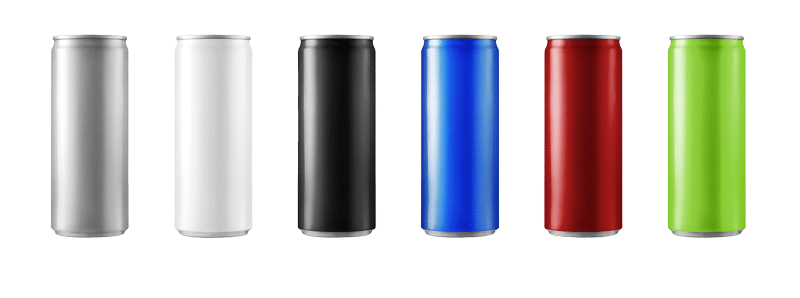As a nutritionist, I’m always looking for ways to help my clients improve their physical and mental health.
One practice that I’ve found particularly effective is intermittent fasting, and I’d like to share some of the benefits of intermittent fasting and how it can help you feel your best.
What is Intermittent Fasting?
Intermittent fasting is a pattern of eating that involves alternating periods of eating with periods of fasting.
There are several different types of intermittent fasting, but the most popular include:
- the 16/8 method (fasting for 16 hours and eating during an 8-hour window) and
- the 5:2 diet (eating normally for 5 days and restricting calories for 2 non-consecutive days).
Physical Health Benefits & Weight Loss
One of the most obvious benefits of intermittent fasting is weight loss. When you fast, your body is forced to burn stored fat for energy, which can lead to weight loss. Additionally, fasting can also lead to a decrease in insulin resistance, which can further aid weight loss.
Improved Insulin Sensitivity
Intermittent fasting can also help improve insulin sensitivity, which is the ability of your cells to respond to insulin and use glucose for energy. Insulin resistance is a major risk factor for type 2 diabetes, and improving insulin sensitivity can help lower your risk of developing the disease.
Lower Inflammation
Fasting has also been shown to lower inflammation in the body, which can help reduce the risk of chronic diseases such as heart disease and cancer.
Mental Health Benefits
Reduced Stress Intermittent fasting has also been shown to reduce stress and improve overall mental well-being. When you fast, your body produces less of the stress hormone cortisol, which can lead to a reduction in stress and anxiety.
Improved Brain Function Fasting can also improve brain function by increasing the production of brain-derived neurotrophic factor (BDNF), a protein that helps support the growth and survival of nerve cells in the brain. This can lead to improved memory and cognitive function.

How to Start Intermittent Fasting
Starting intermittent fasting can seem overwhelming at first, but it doesn’t have to be. The key is to start slowly and work your way up. Here are a few tips to help you get started:
Start with a shorter fasting period
If you’re new to fasting, start with a 12-hour fast (for example, fasting from 7pm to 7am) and work your way up to a 16-hour fast.
Choose a fasting schedule that works for you
Different people prefer different fasting schedules. Experiment to see what works best for you. There is no one-size-fits-all solution.
Don’t skip meals
Instead of skipping meals, try to eat your last meal a little earlier or your first meal a little later to fit in your fasting period.
Drink water – or our drinks
Staying hydrated is important while fasting, so make sure to drink plenty of water during your fasting periods. I aim to drink a minimum of 2 litres of water per day. Our drinks contain neither sugar nor sweeteners, so they are a safe option during fasting.
It’s important to remember that fasting is not a magic bullet, and it should be used in conjunction with a healthy diet and regular exercise. It is, however, a simple and sustainable lifestyle change that can have a big impact on your overall well-being.
Remember to start slowly and listen to your body, and don’t be afraid to seek guidance from a nutritionist.


